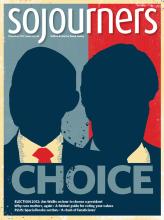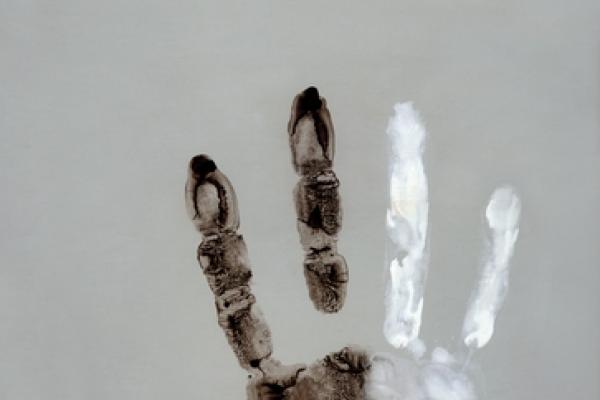RACE WAS THE issue that changed the direction of my life. Growing up in Detroit in the early 1960s, the realities of white racism upended the world and church that I lived in.
What I saw and heard as a teenager painfully showed me that something was terribly wrong with my country and my religion. Trying to confront it got me virtually kicked out of my childhood church, led me into the civil rights and student movements, introduced me to the black churches, and set me on a path that would eventually bring me back to the good news of the gospel of Jesus Christ—which calls for social, racial, and economic justice. The historical tragedy, the “original sin,” of white racism in the United States is still a fundamental starting point to how I see the world.
So when I look at this election involving the first African-American president in U.S. history, I can’t help but go back to the critical questions of race. Let me be clear: To disagree with policies of President Obama and his administration is not racist. Agreements and disagreements are just that, and should not be correlated to race. And regardless of how we vote, we should all appreciate the fact that the role model of the Obama family living in the White House has convinced millions of young black men and women, and youth of all races—many for the first time—that they are really a part of this country and that they too could someday be president of the United States.
But I am concerned about how race has again distorted our politics. I want to speak directly to what those racial politics are and how people of faith should call them out and oppose them, no matter how we vote or what we think of the policies of the president.
Read the Full Article

